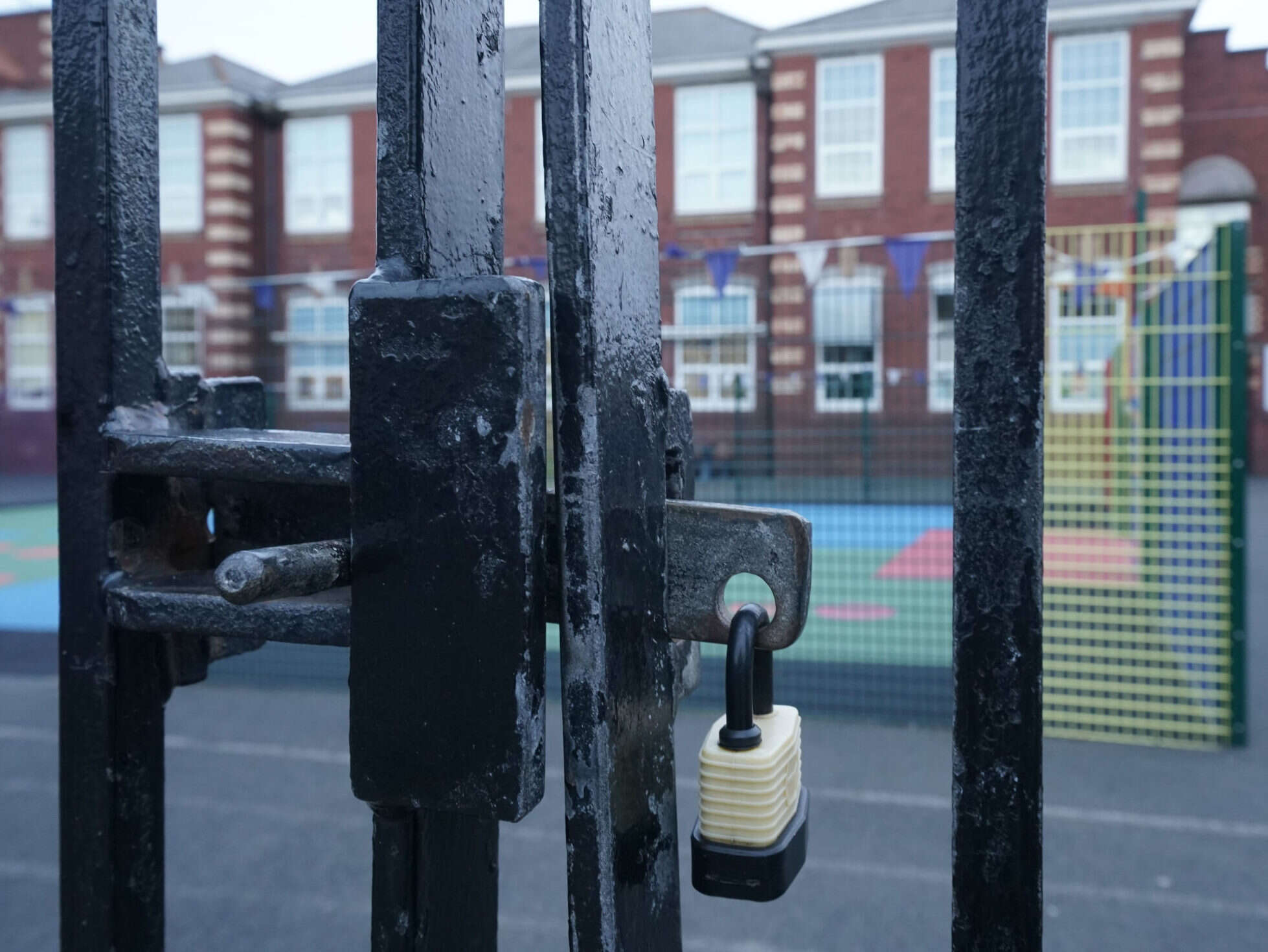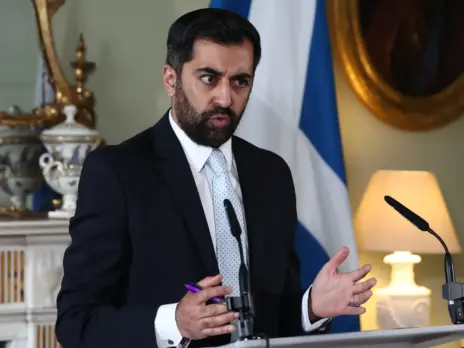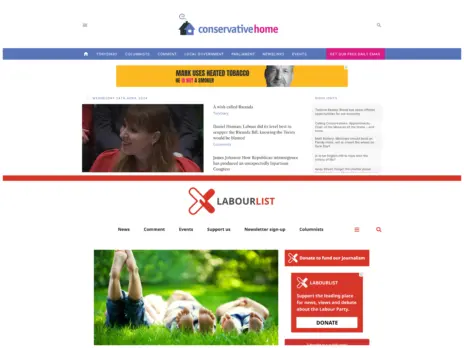
The Government has classed all journalists who are reporting on the coronavirus (Covid-19) pandemic as “key workers”, meaning they can access childcare and education provision while schools are shut.
The list includes “journalists and broadcasters who are providing public service broadcasting” in the category of “key public services”.
A Downing Street spokesperson confirmed this is intended to cover all journalists who are informing and communicating with the public on the coronavirus crisis, not just broadcasters as some initially interpreted it.
For example, a journalist at technology and culture magazine Wired who is reporting on coronavirus could considered key, while a BBC music journalist may not. It is up to employers to decide which staff fit the bill.
The classification means journalists’ work is considered “critical to the Covid-19 response” and that their children will be able to access education and childcare provision after schools shut today, maybe for months.
Culture Secretary Oliver Dowden said: “Public service news across TV, radio and print has never been more important than it is right now I can confirm that broadcasters, journalists and the necessary ancillary staff are included as key workers.
“And understanding the need to keep to the bare minimum required, I am pleased they are working together to share staff, equipment and content where possible during this exceptional period.”
In the same category of “key public services” are those essential to the running of the justice system, religious staff, undertakers, charities and workers delivering key frontline services.
Also considered key are health and social care workers, nursery and teaching staff, transport workers, utility workers, and those responsible for the production, distribution and sale of food and other essential goods.
Society of Editors executive director Ian Murray said: “It is heartening that the government has put store in the role of the media, ensuring there are daily news updates from Number 10 and making ministers available for interview.
“Their actions underscore the vital role the mainstream media plays in keeping the nation informed and indeed the growth in numbers of people turning to trusted, recognised news brands shows how much value is put in the reputation established over decades for factual, reliable information.”
The National Union of Journalists had also argued that all journalists in core newsgathering roles should be included.
Looking ahead, the union has said that if the UK enforces a full or partial lockdown to try to stem the spread of coronavirus further, as in Italy, Spain and France, journalists should be granted freedom of movement so they can continue to carry out public interest reporting.
A press card should be sufficient evidence, the NUJ said. Any such measures and who would receive exemption from lockdown rules has not yet been set out by the Government, however.
The Department for Education has said that anyone who thinks they fall within one of the critical categories and needs childcare should confirm with their employer that “based on their business continuity arrangements, their specific role is necessary for the continuation of this essential public service”.
They should then contact their child’s usual school and, if it is closed, the local authority which will redirect them to another school they can use.
According to the NUJ, which was present on a conference call with a senior government minister and managers at all the UK newspapers yesterday, some news bosses described the media as having taken on the guise of the “fourth emergency service”.
They said this was particularly important given the older demographic of print newspapers and called for government action to “keep open every part of the process required to deliver freshly printed news into people’s homes”.
The NUJ reported that the industry representatives said they were “experiencing record demand for news at the same time as an unprecedented squeeze on advertising revenue”.
Some said ad revenues had fallen by as much as half year-on-year, the union said.
The newspaper groups asked the Government to take out a “large and national” advertising campaign on coronavirus, offer relief from national insurance and PAYE obligations, and interest-free loans to help them get through the pandemic.
The News Media Association warned that the coronavirus crisis poses a “grave threat” to publishers because of sharp declines in advertising, adding that some “would not survive beyond the next few months without swift intervention”.
It said: “There is an urgent need for immediate financial and operational support for all UK news publishers, national, regional and local.
“Maintaining the flow of essential news while avoiding extensive job losses and title closures would be beneficial to the public purse and society in the long-term.”
Email pged@pressgazette.co.uk to point out mistakes, provide story tips or send in a letter for publication on our "Letters Page" blog






